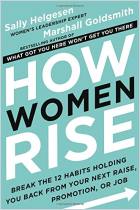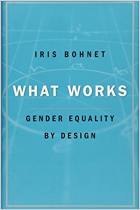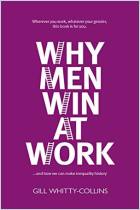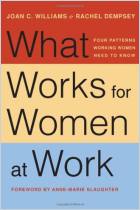
The Female Vision
Women's Real Power at Work
Recommendation
Workplace experts Sally Helgesen and Julie Johnson draw on their research into male and female perceptions of job satisfaction to show organizations how to understand and benefit from “the female vision.” They identify a major leadership issue in companies’ failure to recognize, value or understand women’s workplace contributions. Their research finds that meaningful work and strong relationships motivate women more than financial compensation. Women also recognize the consequences of sacrificing long-term goals for short-term profits. The third chapter, which discusses the 2008 financial crisis, provides a great example of the dangers of the typical (read, male) narrow, one-sided vision. To create a setting where women can thrive, leaders should embrace empathy, and value both qualitative and quantitative knowledge. The authors make a compelling case for why managers should care about the lack of women in high-level positions and explain what companies can do about it. getAbstract recommends this book to executives who care about their company’s strategy and leadership, and want to tap into the female vision.
Summary
About the Authors
Sally Helgesen is the author of The Female Advantage and The Web of Inclusion. She has also written for The New York Times, BusinessWeek and Fortune. Leadership coach Julie Johnson is a former executive with Merrill Lynch, General Foods and Stanford Law School.


















Comment on this summary or Начать обсуждение